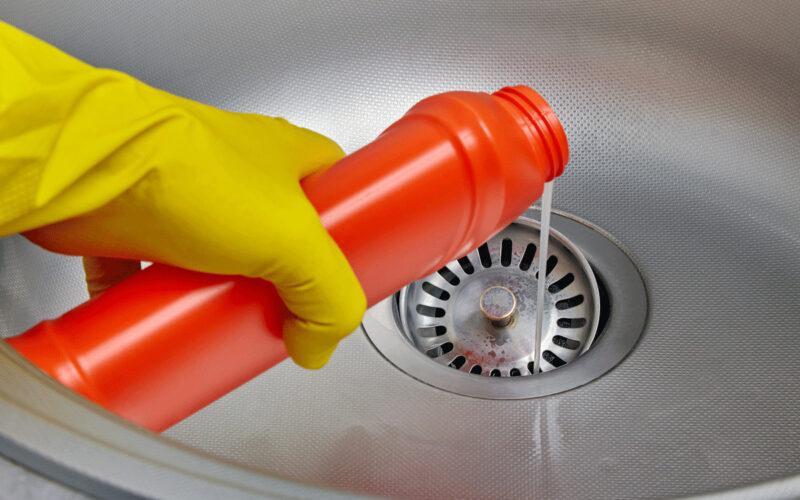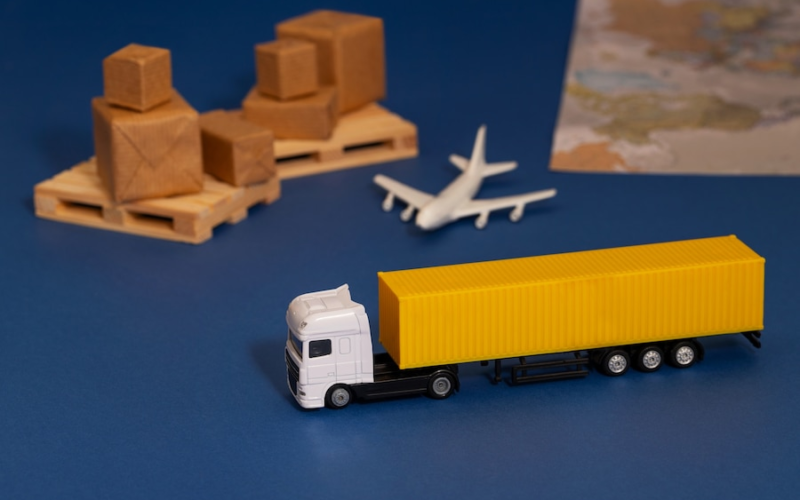
Blocked drains can be a frustrating and inconvenient issue that many homeowners face. Unfortunately, there are a lot of myths about how to avoid and handle clogged drains, which can result in poor remedies and even more harm.
In this blog post, we’ll look at some of the most prevalent blocked drain myths and debunk them with accurate information. From pouring grease down the drain to relying on chemical drain cleaners, we’ll explore the truth behind these myths and provide solutions to maintain your drains and prevent blockages. By understanding the facts about blocked drains in Geelong, you can save time and money and avoid the hassle of dealing with a blocked drain in the future.
Myth #1: Hot Water Can Clear Any Blockage
While hot water can help break some blockages, it is not a universal solution. Since hot water might harm or melt other materials, it should only get used for metal or plastic drains. Additionally, hot water may not work on blockages caused by grease or oil, as these substances harden when cooled, making them more challenging to remove.
Instead of relying solely on hot water, try using a plunger or drain snake to remove the blockage. These tools are effective at dislodging debris and removing it from the drain. You can also use baking soda and vinegar to help break down blockages.
Myth #2: Pouring Grease Down the Drain is Safe
Pouring grease in the drain is one of the most common misconceptions about drains. Many believe pouring grease or oil down the drain is safe, but this is far from the truth. When grease and oil cool, they harden and stick to the inside of pipes, causing blockages. Over time, this can lead to a complete blockage that requires professional intervention.
Instead of pouring grease and oil down the drain, collect it in a container and dispose of it in the garbage. You can also use a paper towel to wipe excess grease and oil from dishes and cookware before washing them.
Myth #3: All Chemical Drain Cleaners Are Effective
Chemical drain cleaners are often marketed as quick and easy solution to blocked drains in Geelong. However, these products can be harmful to both your pipes and your health. Chemical drain cleaners contain harsh chemicals that can erode pipes over time and cause leaks or burst pipes.
Moreover, these chemicals can be harmful if ingested or inhaled. It’s important to note that chemical drain cleaners should not get used regularly, as they can cause significant damage to pipes and the environment.
Instead of relying on chemical drain cleaners, use natural remedies like baking soda and vinegar or call a professional plumber to remove the blockage.
Myth #4: Drain Filters are Not Necessary
Drain filters are frequently disregarded yet have a great deal of potential for avoiding clogs. Before they reach the drain and clog it, hair, food particles, and other material are caught by drain filters.
If you have a shower or bathtub with a drain, invest in a drain filter to catch hair and soap scum. Use a filter in the kitchen to capture food particles before they enter the drain.
Myth #5: Flushing Wipes and Other Non-Toilet Paper Products are Fine
Many believe flushing wipes and other non-toilet paper products down the toilet is safe. However, this can lead to significant blockages in your pipes and the sewer system.
Flushable wipes, for example, are not flushable and can cause blockages in your pipes and the sewer system. The same goes for feminine hygiene products and other non-toilet paper products. These products can get caught in the pipes/ causing blockages that require professional intervention.
Instead of flushing these products down the toilet, dispose of them in the garbage. Educate your family and household members about disposing of non-toilet paper products. By avoiding the temptation to flush these products, you can protect your plumbing system and the environment from harm. Additionally, consider installing a drain filter to prevent unwanted debris from entering your pipes and causing blockages.
Myth #6: DIY Drain Cleaning is Always Effective
While DIY drain cleaning can work in some cases, it is not always the best solution. DIY drain cleaning methods like using a plunger or drain snake are effective for minor clogs, but more severe blockages may require professional assistance. One of the biggest dangers of DIY drain cleaning is causing further damage to your pipes. If used incorrectly, a plunger or drain snake can damage your pipes.
Additionally, DIY drain cleaning methods may not be sufficient in completely removing a blockage, leading to the buildup of residue and debris in your pipes. Chemical drain cleaners are also a general DIY solution, but they can harm your pipes and the environment. These cleaners contain harsh chemicals that can corrode your pipes and cause significant damage to your plumbing system. In some cases, they can even cause dangerous chemical reactions. It is always best to consult a professional plumber when dealing with severe drain blockages or any issues with your plumbing system.
Your Local Plumbing: Your Best Drain Cleaning Service Providers
Blocked drains can be a significant inconvenience, but with the correct information, you can avoid many common misconceptions and prevent blockages from occurring. By debunking some of the most prevalent blocked drain myths, we’ve provided you with accurate information to maintain your drains and prevent blockages. Remember that hot water is not always the answer, and pouring oil down the drain is unsafe. Not all chemical drain cleaners are effective, and drain filters can be an effective preventative measure.
Additionally, flushing wipes and other non-toilet paper products is not fine, and DIY drain cleaning is not always the best solution. By understanding this knowledge and hiring Your Local Plumbing experts, you can take steps to maintain your drains, avoid blockages, and save time and money in the long run. When in doubt, don’t hesitate to contact a professional plumber to deal with blocked drains.





